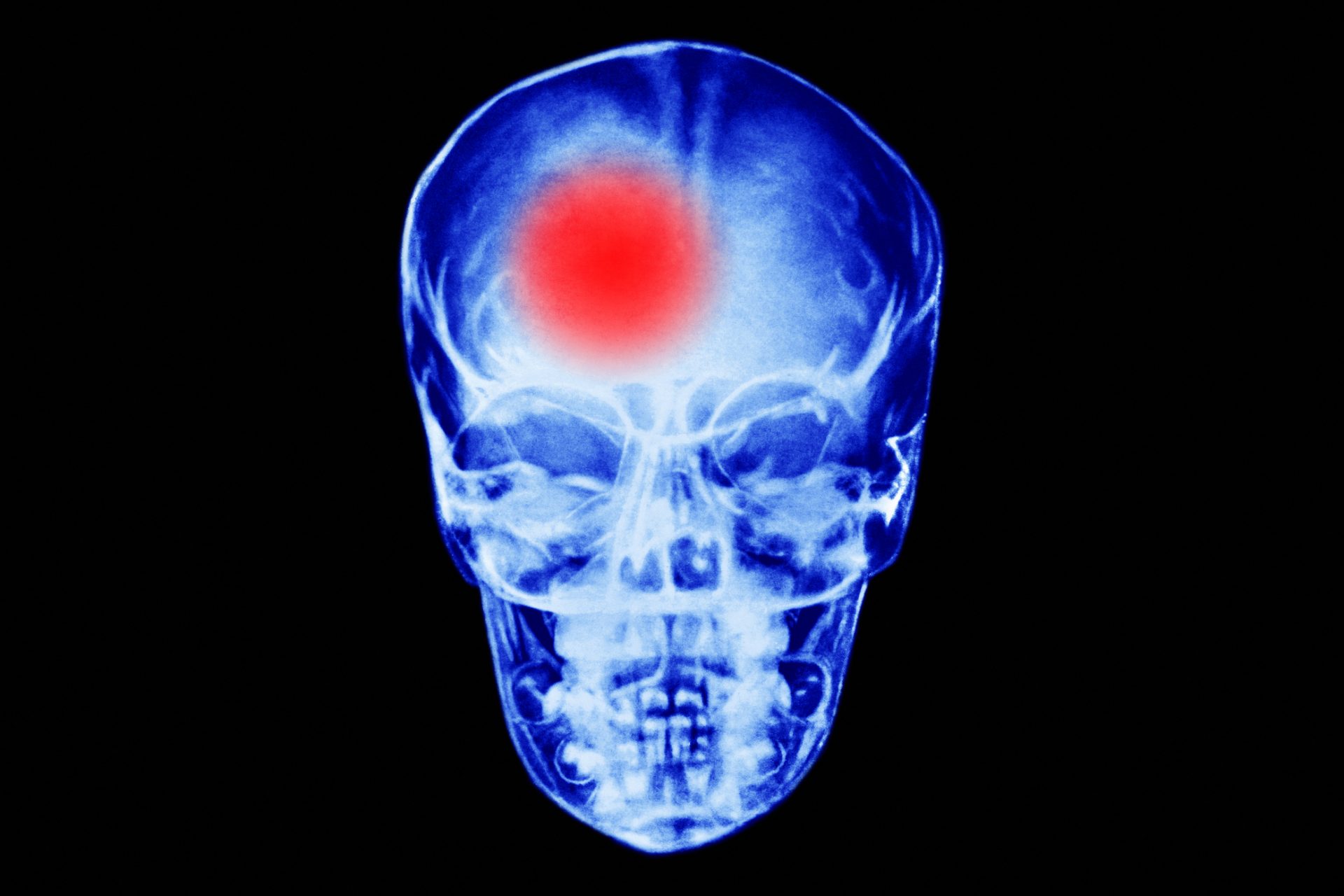Report reveals ten million people could die from stroke by 2050
Stroke deaths are set to rise worldwide by more than double over the next two-and-a-half decades according to an October 2023 report published in The Lancet Neurology.
Upwards of 9.7 million people could be killed by the condition. Here's what you need to know about the issue and how researchers think the problem can be solved by policymakers.
Stroke is already the second leading cause of death worldwide according to The Lancet Neurology report but things could get a lot worse by 2050 if the current trends continue. So what’s going on and who is affected most?
Low and middle-income countries are seeing stroke rates rise faster than high-income countries This is a trend being driven by the increase in incidences among younger and middle-aged adults according to the report.
This means that people under the age of 55 years are suffering from higher rates of stroke, which will become a tremendous global burden if something isn’t done to reverse the growing numbers of worldwide stroke victims.
The authors of the report noted that estimates of the global healthcare-related costs of stroke were thought to be somewhere in the range of $315 billion based on data from 2017. But that number doesn’t tell the full story.
Photo by Alexander Mils on Unsplash
There was also an estimated $576 billion dollars in lost income which brought the total economic burden of stroke around the world to $891 billion. Remember this calculation is based on numbers from 2017 and the modern outlook is far worse.
Photo by Natanael Melchor on Unsplash
The report estimated that the future cost of stroke on the economy could reach as high as $2.31 trillion. So the world is risking a lot by ignoring a problem that could have a lot of fairly easy solutions to prevent stroke deaths.
Photo by Stephen Andrews on Unsplash
Actions should include awareness campaigns according to the report authors as well as more practical medical solutions such as low-cost screening, better treatment, improved medical options, and more regional cooperation.
“To maximize the effect of the limited resources available,” the report’s author explained, “cost-effective and evidence-based pragmatic solutions need to be deployed, with active engagement of all stakeholders, including policymakers and local communities.”
The report's authors also outlined 12 evidence-based recommendations that could make a difference in averting the future they forecasted and categorized their advice into four groups that included stroke surveillance, prevention, acute care, and rehabilitation.
A press release on the report summarized some of the key recommendations and noted that the most important recommendations involved promoting prevention through public awareness and low-cost surveillance.
Prioritizing acute stroke care and establishing local, regional, and national networks that could be used to promote training and share resources were also critical. Unfortunately, one of the report's authors noted their recommendations would face some hurdles.
Report lead author and New World Stroke Organization-Lancet Neurology Commission Co-Chair Valery Feigin explained: “One of the most common problems in implementing stroke prevention and care recommendations is the lack of funding.”
Photo Credit: Wiki Commmons: By Royal Society Te Apārangi - Research Honours 2022 Kirikiriroa Hamilton
“Our Commission recommends introducing legislative regulations and taxations of unhealthy products (such as salt, alcohol, sugary drinks, trans-fats) by each and every government in the world,” Feigin added according to remarks quoted in a press release.
Feigin believes that not only could the burden of stroke be reduced if unhealthy products were taxed but that it would also reduce the burden of other non-communicable diseases through the funding of prevention programs and services.
“Stroke exerts an enormous toll on the world’s population, leading to the death and permanent disability of millions of people each year, and costing billions of dollars,” Feigin said, adding that that burden will only increase unless “effective action is taken.”
More for you
Top Stories






























